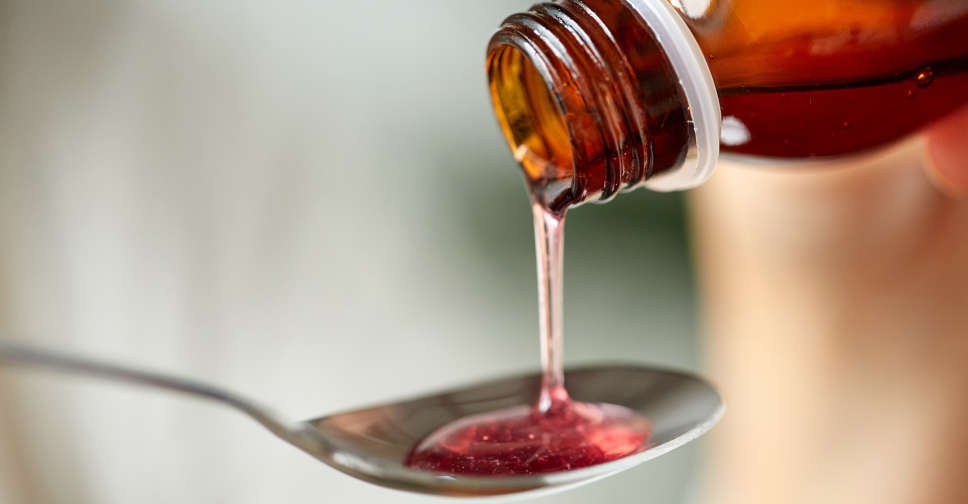
India's drug regulator has proposed testing cough syrups in government laboratories before they are exported, media outlet News18.com reported on Tuesday, after Indian-made syrups were linked to dozens of deaths in Gambia and Uzbekistan last year.
India's health ministry received the proposal from the Central Drugs Standard Control Organisation (CDSCO) this month and is considering it, the news website quoted an unidentified ministry official as saying.
"The proposal is to test the finished goods at government labs before exporting," the official told News18.com.
The ministry did not immediately respond to a request for comment.
The official said the syrups could be tested at various laboratories run by the federal government or states.
The CDSCO has also proposed making it mandatory for exporters to produce a "certificate of analysis" of batches exported from an approved laboratory, the news outlet reported.
India's $41 billion pharmaceutical industry received a major jolt last year when cough syrups made by two companies based near New Delhi were linked to the deaths of at least 70 children in Gambia and 19 in Uzbekistan.
The World Health Organisation said last year that Indian manufacturer Maiden Pharmaceuticals Ltd's syrups, exported to Gambia, contained lethal toxins ethylene glycol (EG) and diethylene glycol (DEG) – used in car brake fluid.
Uzbekistan said in December that children died there after taking cough syrup made by another Indian company, Marion Biotech, which were contaminated with EG or DEG.
Both Indian companies have denied the accusations.
The ingredients can be used by unscrupulous actors as a substitute for propylene glycol, which is a key base of syrupy medicines – because they can cost much less.
India's drugs regulator told the WHO in December that the propylene glycol used by both Maiden and Marion came from two separate Delhi-based suppliers.

 UK inquiry finds 'chilling' cover-up of infected blood scandal
UK inquiry finds 'chilling' cover-up of infected blood scandal
 Iranian President Raisi killed in helicopter accident, state media says
Iranian President Raisi killed in helicopter accident, state media says
 ICC prosecutor seeks arrest warrants for Israeli, Hamas leaders
ICC prosecutor seeks arrest warrants for Israeli, Hamas leaders
 Assange given permission to appeal against US extradition
Assange given permission to appeal against US extradition
 Israel intends to broaden Rafah sweep, Defence Minister tells US
Israel intends to broaden Rafah sweep, Defence Minister tells US




